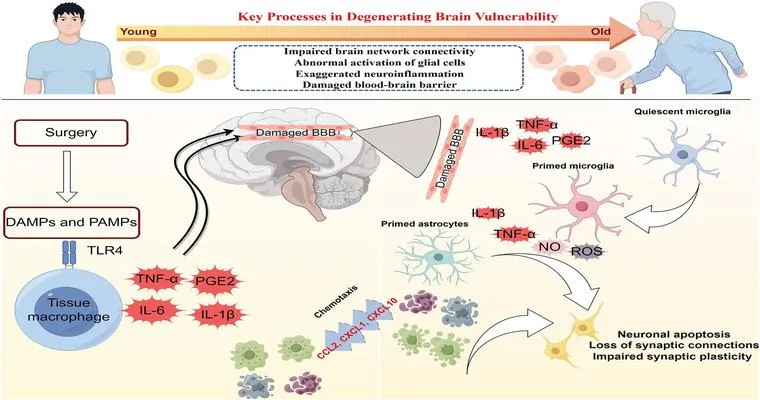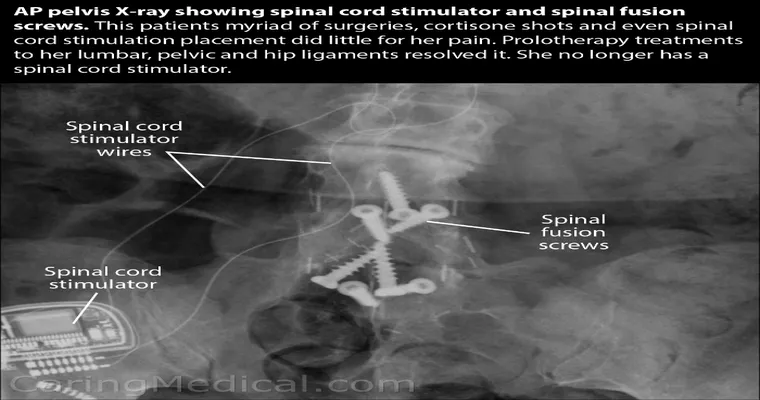The "cognitive effects of anesthesia" on the "elderly" population have become an important area of research in recent years. As more older adults undergo surgical procedures requiring anesthesia, understanding how it impacts their "cognitive function" is crucial. Anesthesia can lead to various outcomes, including "postoperative cognitive dysfunction" (POCD) and "delirium", which can significantly affect the quality of life for older patients.
Anesthesia can be classified into two main types: general anesthesia and regional anesthesia. General anesthesia involves a complete loss of consciousness, while regional anesthesia targets specific areas of the body. Both types can influence cognitive abilities differently, particularly in elderly patients who may already be experiencing age-related cognitive decline.
Research has shown that the "cognitive effects of anesthesia" can manifest in various ways. One of the most common issues is postoperative cognitive dysfunction (POCD), a condition characterized by a decline in cognitive abilities such as memory, attention, and problem-solving skills. POCD can occur days to weeks after surgery, with some studies suggesting that it may persist for months or even years in certain individuals.
Delirium is another significant concern for elderly patients undergoing surgery. This acute confusion state can be triggered by anesthesia, especially in individuals with preexisting cognitive impairments. Delirium can lead to increased complications, longer hospital stays, and a higher risk of mortality. It is essential for healthcare providers to identify patients at risk of delirium before surgery and to implement strategies to minimize its occurrence.
Several factors contribute to the cognitive effects of anesthesia in the elderly. These include preoperative cognitive status, the type and duration of anesthesia used, and the overall health of the patient. Older patients are often more sensitive to the effects of anesthetic agents, which can exacerbate cognitive decline. Additionally, the presence of comorbidities such as cardiovascular disease, diabetes, and substance abuse can further complicate the cognitive outcomes post-surgery.
To mitigate the cognitive effects of anesthesia on the elderly, healthcare providers can adopt several strategies. Preoperative assessments should include evaluations of cognitive function and identification of patients at risk for POCD and delirium. Anesthesiologists may also consider using less potent anesthetic agents or employing regional anesthesia whenever possible, as these approaches may reduce the risk of cognitive impairment.
Postoperative care plays a critical role in cognitive recovery. Ensuring a calm and supportive environment, minimizing disruptions, and engaging patients in cognitive activities can help improve outcomes. Additionally, monitoring for signs of delirium and addressing any underlying issues promptly can further enhance recovery.
In conclusion, the "cognitive effects of anesthesia on the elderly" are a multifaceted issue that demands attention from both healthcare providers and patients. Understanding the risks associated with anesthesia and implementing preventive measures can help protect the cognitive health of older adults undergoing surgical procedures. By prioritizing cognitive assessments and tailored anesthesia techniques, we can improve surgical outcomes and enhance the overall quality of life for our elderly population.





